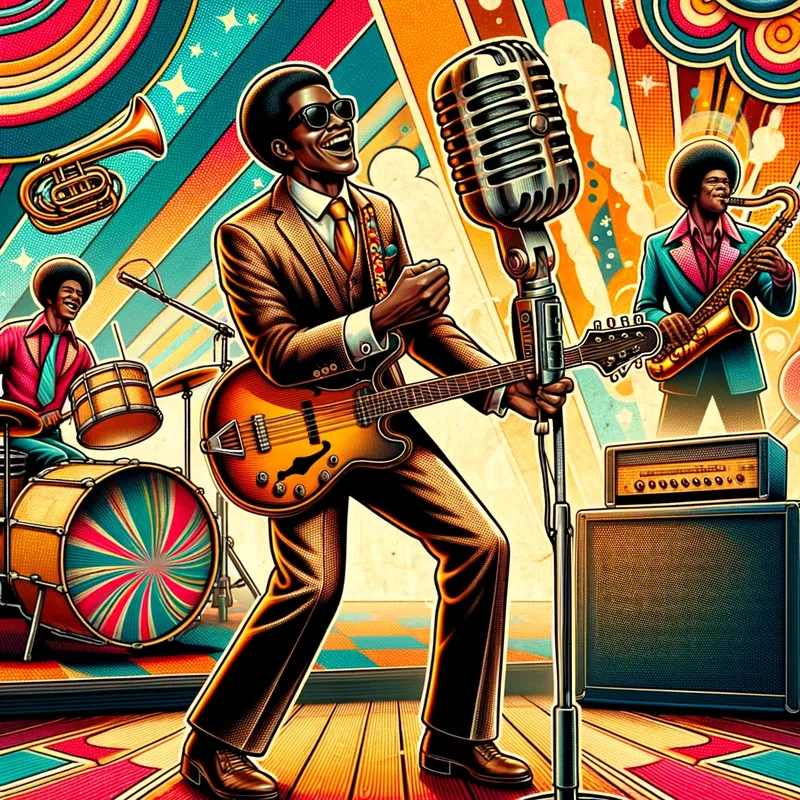Motown

Motown, also known as the Motown Sound, started as a Detroit-based record label but quickly evolved into an entire musical genre that left an indelible mark on the world of music.
Table of Contents
Origins and Growth
Founded by Berry Gordy Jr. in 1959, Motown Records was originally called Tamla Records. The name “Motown” is a portmanteau of “motor” and “town,” reflecting the city’s reputation as the automobile capital of the world.
What made Motown unique was its approach to producing music. It established an in-house system where songwriters, producers, and artists collaborated closely, crafting hits in an assembly-line style reminiscent of Detroit’s car factories.
Evolution
In the 1970s, Motown faced challenges as artists sought creative freedom outside the label’s formulaic approach. The company eventually relocated to Los Angeles, signaling the end of its Detroit golden era.
However, the Motown legacy lived on, influencing genres such as funk, disco, and even modern R&B and hip-hop.
Musical Characteristics
Motown music is characterized by its soulful melodies, infectious rhythms, and polished production. It blended elements of soul, R&B, pop, and jazz, resulting in tracks that were both emotionally and dance-friendly.
Behind the scenes, the legendary Funk Brothers provided the consistent backing instrumental sound that became synonymous with Motown.
Social Impact
The rise of Motown occurred during a tumultuous period in American history marked by the Civil Rights Movement and societal upheaval. Motown played a crucial role in breaking down racial barriers in the music industry. It introduced Black artists to mainstream audiences. Songs from the Motown era also became anthems for change and hope during this time.
Stellar Artists and Legacy
Some of the most iconic names in music history got their start at Motown. Artists like Stevie Wonder, Marvin Gaye, The Supremes, The Temptations, The Four Tops, and The Jackson 5 went on to have illustrious careers, with their songs remaining timeless classics.
Motown also paved the way for future African American-owned record labels and set a precedent for the representation of Black artists in the music industry.